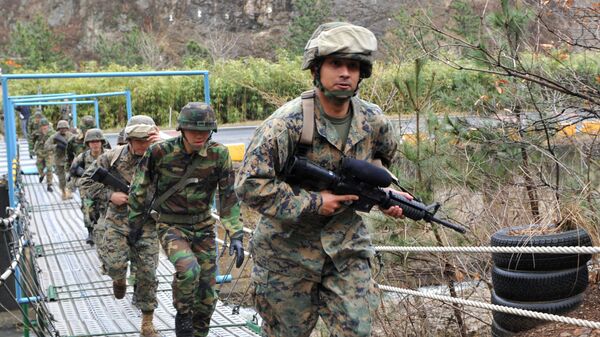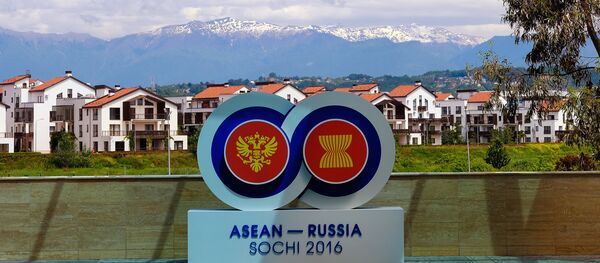Japan, South Korea and Taiwan "increasingly fret that the US, which has protected them for decades under a nuclear umbrella, may become a less reliable ally," he noted in an article for Politico.
This idea, even if marginal, marks a major departure for Japan, a country that has forsworn nuclear weapons following the atomic bombings of Hiroshima and Nagasaki during WWII. In March, Osaka Governor Ichiro Matsui said that the nation should discuss the issue and decide whether to go nuclear or not.
"With the perfect right to collective self-defense, we should debate whether our troops can completely cover the needs of our own country," Matsui told reporters. "If we possess weapons, the ultimate weapon will become necessary."
In 2011, Tokyo Governor Shintaro Ishihara urged Japanese authorities to develop nuclear weapons.
"Pro-nuclear weapons sentiment in Japan remains mostly on the far right, to be sure," Crowley explained. "But the same conversation is brewing in South Korea, where a 2013 poll found that two-thirds of the country supports developing nukes in response to its bellicose northern neighbor."
Should Washington's two key allies in the region decide to explore this option, the move could spark a nuclear arms race in Asia, offering a disturbing vision of what the analyst referred to as a "dangerous atomic future."
It is against this backdrop that US President Barack Obama, who has long advocated denuclearization efforts in the world, will visit Hiroshima on May 27.



